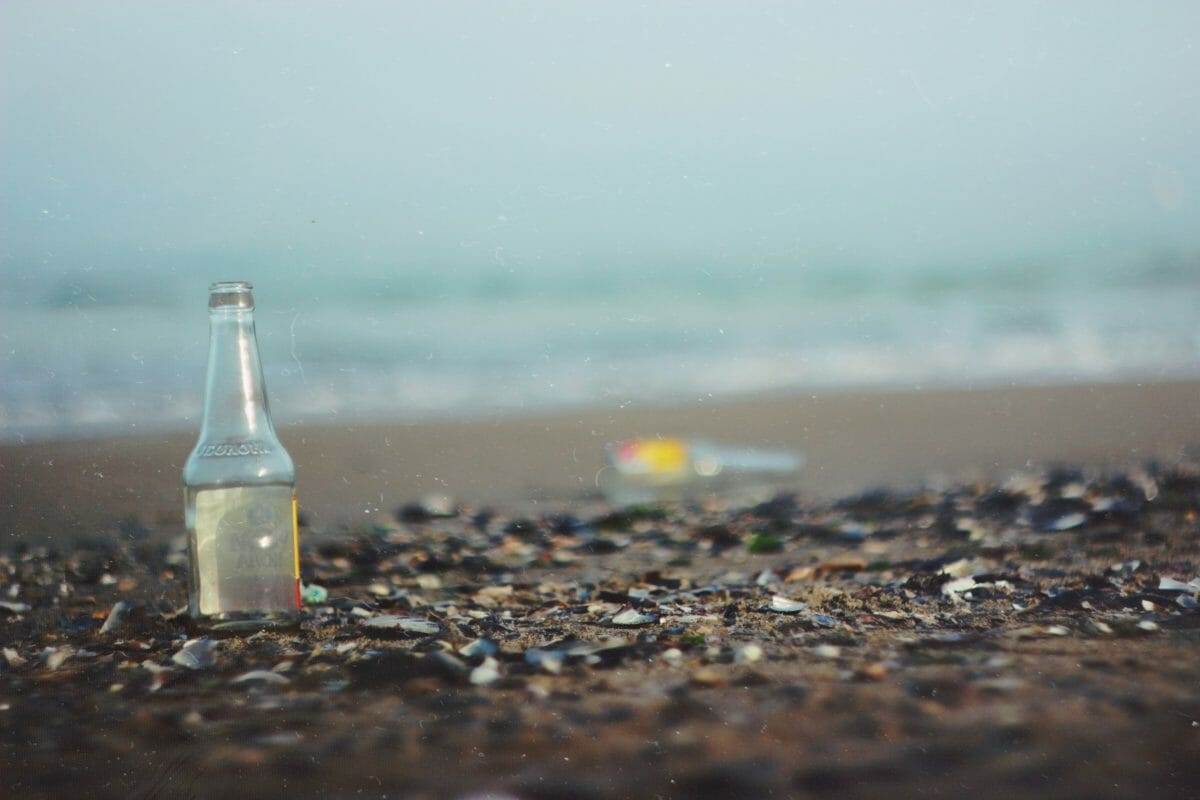Anyone can be susceptible to the risks of binge drinking. If you have binge drinking tendencies, you are not alone. Our CEO & Co-Founder Mike identified as a binge drinker, which ultimately motivated him to seek treatment, and go on to build Monument. While binge drinking is most commonly discussed as it relates to collegeContinue reading “The Effects of Binge Drinking: Risks and Long-Term Effects”
Monthly Archives: December 2020
How to Stop Binge Drinking & Start Changing Your Habits
Binge drinking is defined by the Substance Abuse and Mental Health Services Administration as occurring after consuming four or more alcoholic beverages in women and five or more in men on the same occasion on at least one day in the past month. According to the 2019 National Survey on Drug Use and Health, nearlyContinue reading “How to Stop Binge Drinking & Start Changing Your Habits”
Naltrexone 101
If you think your relationship with alcohol has become unhealthy, you are not alone. The good news is that excessive drinking does not have to be permanent. Deciding that you want to cut down on your alcohol consumption is the first step towards developing a healthy relationship with alcohol that can transform every aspect ofContinue reading “Naltrexone 101”
What is Drinking on Naltrexone Like?
Updated for 2024: Incorporating the latest research and expert insights to provide a comprehensive understanding of drinking on naltrexone and its effects. Naltrexone is approved by the FDA for the treatment of alcohol use disorder. It helps by reducing cravings and the desire to drink, making it easier for individuals to maintain sobriety or moderateContinue reading “What is Drinking on Naltrexone Like?”
The Rewarding Emotional & Physical Benefits of Sobriety
Though changing your relationship with alcohol comes with challenges, the journey can be an incredibly rewarding one. As you continue on your path of sobriety or moderation, enriching benefits of abstaining from alcohol or moderating your drinking will come to fruition. Throughout my many years of working with patients, I’ve noticed clear patterns inContinue reading “The Rewarding Emotional & Physical Benefits of Sobriety”




